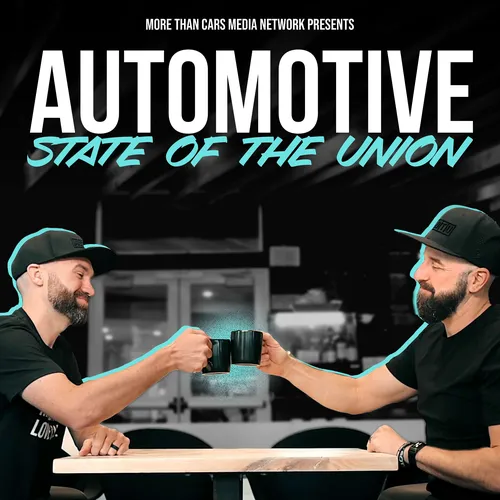Cars Driving Inflation, Top 100 Used Car Dealers, Tesla Off The Hook
- Author
- More Than Cars Media Network
- Published
- Mon 24 Apr 2023
- Episode Link
- None
- A WSJ article highlights a recent study showing that car dealer markups significantly contributed to the 16% increase in the consumer-price index over the past few years.
- Study was written by Michael Havlin, who previously worked for the US Bureau of Labor and Statistics but wrote the paper on his own accord
- Compared the Producer Price Index (wholesale price) to the Consumer index
- New car inflation contributed a full point to the overall number
- A recent study published by the Federal Reserve Bank of Kansas City argues that markups across industries accounted for more than half of inflation in 2021, with firms raising prices in anticipation of costs increasing later. (McKelvey!)
- “It is “absurd” to argue that dealers contributed substantially, or even at all, to inflation”, an NADA spokesperson said. “By that logic, every consumer who sold or traded in a used vehicle for more than its Kelley Blue Book value profiteered off that sale and thus bears responsibility for contributing to consumer inflation.”
- Heather Bernikoff and David Raboy were told by their local dealership that the Ford F-150 Lightning they ordered for their cattle ranch would have a $10,000 markup due to its high demand and limited supply. They ended up getting one from a dealer 2.5 hrs away that didn’t have one
- They recently joined advocacy efforts to pass a bill in the California legislature that would prohibit dealerships from marking up EVs
- The AN list of the top used car dealers in the country has been released and Lithia has claimed the top spot with over 311k used vehicles sold. #2 is AutoNation with over 299k, followed by Penske with 261k
- Noted that Carmax is no longer on the list since they sold their only franchised dealership and the list is exclusive to franchised dealers. Carmax sold 810k used vehicles and wholesaled 590k
- Del Grande Dealer Group jumped the most spots (27) from 86 to 59
- Garber Management Group had the highest used to new ratio at 2.8
- Tesla scored a significant legal victory in a California state court, as a jury ruled that the company's Autopilot feature did NOT fail in a crash while the software was engaged.
- The plaintiff was seeking over $3 million in damages, alleging defects in Autopilot and airbag design, but the jury awarded zero damages.
- The jury decided that Tesla did not fail to disclose facts about Autopilot’s limitations as the company continues to emphasize that Autopilot and Full Self-Driving systems do not make cars autonomous and drivers must be prepared to take control
- Experts say that although this decision doesn’t have legal authority over other similar cases, it will significantly inform the outcomes
- Others are drawing attention to the fact that the limitations of Tesla’s autonomous features are still far from being fully autonomous
Join Paul J Daly and Kyle Mountsier every morning for the Automotive State of the Union podcast as they connect the dots across car dealerships, retail trends, emerging tech like AI, and cultural shifts—bringing clarity, speed, and people-first insight to automotive leaders navigating a rapidly changing industry.
Get the Daily Push Back email at https://www.asotu.com/
JOIN the conversation on LinkedIn at: https://www.linkedin.com/company/asotu/
